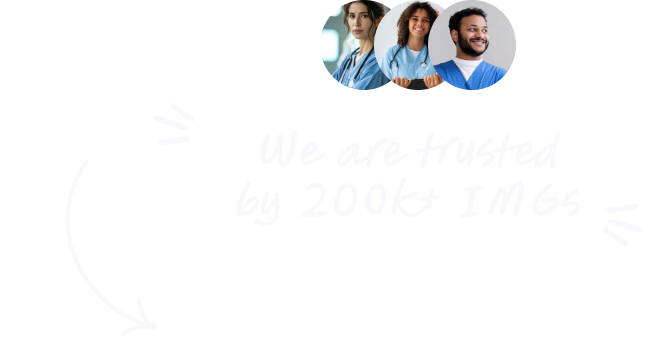IMG Residency Application Considerations
International Medical Graduates (IMGs) face a unique and often complex path when applying for residency in the United States. Successfully matching requires a strategic approach and meticulous attention to detail. Here's a refined guide to the crucial components of your application:
USMLE Exam Scores
Timing is critical for your USMLE exams. Aim to take Step 1 and Step 2 Clinical Knowledge (CK) early enough to ensure your scores are released well in advance of the Electronic Residency Application Service (ERAS) application submission and the Main Residency Match. Scores typically take 2-4 weeks to be processed. Be aware that competitive scores are often necessary, and these minimums can vary significantly depending on your desired specialty.
US Clinical Experience (USCE)
Hands-on US clinical experience is paramount. Residency programs highly value, and often require, applicants who have demonstrated their ability to function within the U.S. healthcare system. Seek out opportunities for externships, clerkships, internships, sub-internships, and clinical rotations in the U.S. These experiences not only provide valuable exposure but also are crucial for obtaining impactful letters of recommendation.
Letters of Recommendation (LoRs)
The quality and relevance of your LoRs can significantly impact your application. Prioritize obtaining recent (within the last year), specialty-specific letters from your USCE supervisors. While LoRs from your home country may be considered, those from U.S. physicians who have directly observed your clinical skills and work ethic carry considerably more weight with residency program directors.
Personal Statements
Your personal statement is your opportunity to introduce yourself directly to Program Directors and Residency Committees. This document is not just a summary of your achievements; it's a narrative that should highlight your genuine dedication to your chosen specialty. Use it to showcase your English proficiency, medical knowledge, and positive personal traits that make you a strong candidate. Craft a compelling story that conveys your passion and suitability for the demands of residency.
Other Supporting Documents
Beyond your LoRs and personal statements, several other documents are essential for a complete application:
- Medical Student Performance Evaluation (MSPE): This comprehensive letter from your medical school dean provides a holistic view of your academic performance and professional attributes.
- Medical School Transcripts: Your official academic record, detailing your coursework and grades.
- USMLE Transcripts: Official documentation of your USMLE scores.
- MyERAS Application: This is the cornerstone of your application. Fill it out comprehensively and accurately, detailing all memberships, awards, work experience, research, volunteer activities, and even hobbies. Thoroughness is key, as once submitted, no changes are allowed.
Researching IMG-Friendly Programs
Strategic research is vital for IMGs. Focus on identifying programs that have a history of accepting and supporting IMGs. When researching, pay close attention to:
- IMG friendliness: Look for programs with a high percentage of IMGs in their current resident roster.
- Visa support: Confirm the types of visas the program sponsors.
- ECFMG certification requirements: Ensure you meet all necessary Educational Commission for Foreign Medical Graduates (ECFMG) certification criteria.
- USMLE score expectations Understand if there are specific score cut-offs or preferences.
By strategically targeting IMG-friendly states, specialties, and programs, you can significantly increase your chances of securing interviews and successfully matching into a U.S. residency program.
Effectively navigating these elements can significantly enhance an IMG’s residency application, making it possible to overcome the additional hurdles they face.
Smart residency program search
in one click.

